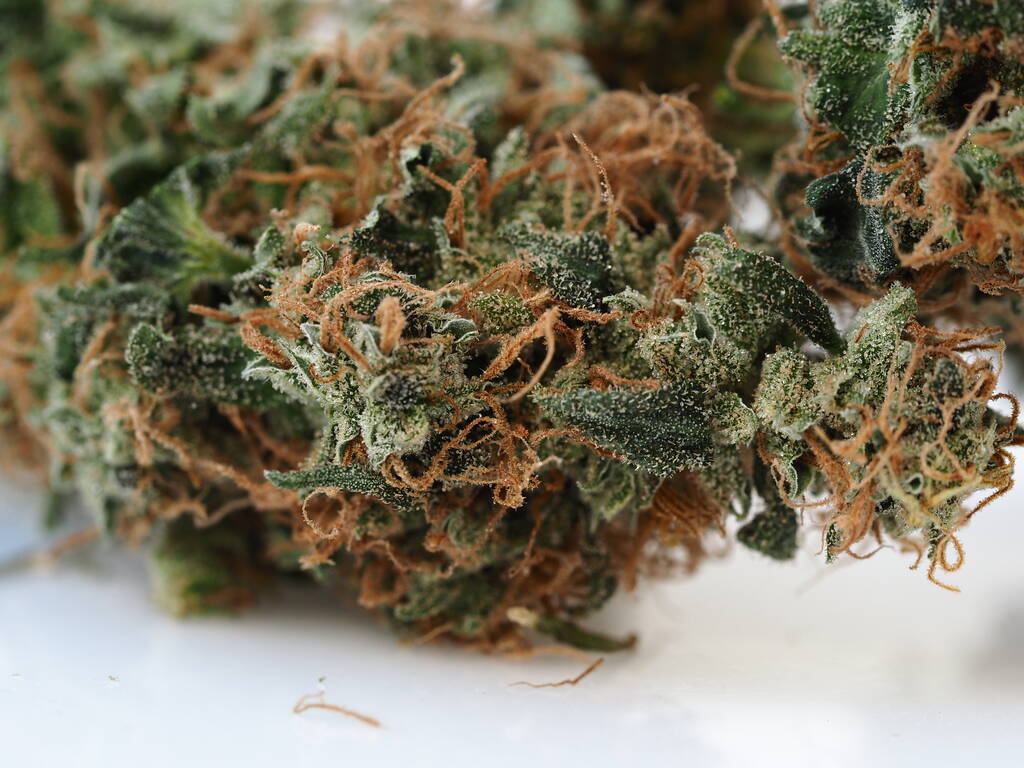Published in the journal Discover Oncology, a comprehensive review conducted by researchers from institutions in Pakistan, Portugal, Turkey, Saudi Arabia, and South Korea investigates the potential role of cannabinoids in cancer treatment.

The collaboration includes the Pakistan National University of Sciences and Technology, the University of the Punjab, and The Islamia University of Bahawalpur, along with international partners from the Polytechnic Institute of Bragança, Fırat University, Shaqra University, and Korea University. The study was also published online by the US National Library of Medicine.
Cannabinoids, known for centuries in traditional medicine, are gaining renewed attention for their therapeutic properties, particularly in cancer care. The study highlights how compounds like Δ9-THC, CBD, and CBG show promising effects in fighting cancer by influencing critical cellular processes such as inducing apoptosis (programmed cell death), stimulating autophagy (cell cleanup), and inhibiting metastasis and angiogenesis (tumor growth through blood vessel formation). These findings are based on an extensive review of literature from databases like PubMed, Google Scholar, Web of Science, Scopus, and Embase.
The researchers found that cannabinoids not only have potential in targeting tumor growth but also play a key role in palliative care, improving the quality of life for patients. Despite this promise, several challenges remain, such as the variability in cannabinoid composition, psychoactive effects, and lack of standardized dosing, all of which complicate the clinical use of these compounds.
The study underscores the need for more large-scale, randomized controlled trials to solidify the understanding of cannabinoids’ therapeutic effects in cancer treatment. Future research should focus on optimizing cannabinoid dosing, exploring their potential as primary chemotherapeutic agents, and overcoming regulatory hurdles to ensure broader clinical use.
The study’s full abstract can be found below:
Abstract
For centuries, cannabinoids have been utilized for their medicinal properties, particularly in Asian and South-Asian countries. Cannabis plants, known for their psychoactive and non-psychoactive potential, were historically used for spiritual and remedial healing. However, as cannabis became predominantly a recreational drug, it faced prohibition. Recently, the therapeutic potential of cannabinoids has sparked renewed research interest, extending their use to various medical conditions, including cancer. This review aims to highlight current data on the involvement of cannabinoids in cancer signaling pathways, emphasizing their potential in cancer therapy and the need for further investigation into the underlying mechanisms. A comprehensive literature review was conducted using databases such as PubMed/MedLine, Google Scholar, Web of Science, Scopus, and Embase. The search focused on peer-reviewed articles, review articles, and clinical trials discussing the anticancer properties of cannabinoids. Inclusion criteria included studies in English on the mechanisms of action and clinical efficacy of cannabinoids in cancer. Cannabinoids, including Δ9-THC, CBD, and CBG, exhibit significant anticancer activities such as apoptosis induction, autophagy stimulation, cell cycle arrest, anti-proliferation, anti-angiogenesis, and metastasis inhibition. Clinical trials have demonstrated cannabinoids’ efficacy in tumor regression and health improvement in palliative care. However, challenges such as variability in cannabinoid composition, psychoactive effects, regulatory barriers, and lack of standardized dosing remain. Cannabinoids show promising potential as anticancer agents through various mechanisms. Further large-scale, randomized controlled trials are essential to validate these findings and establish standardized therapeutic protocols. Future research should focus on elucidating detailed mechanisms, optimizing dosing, and exploring cannabinoids as primary chemotherapeutic agents.





